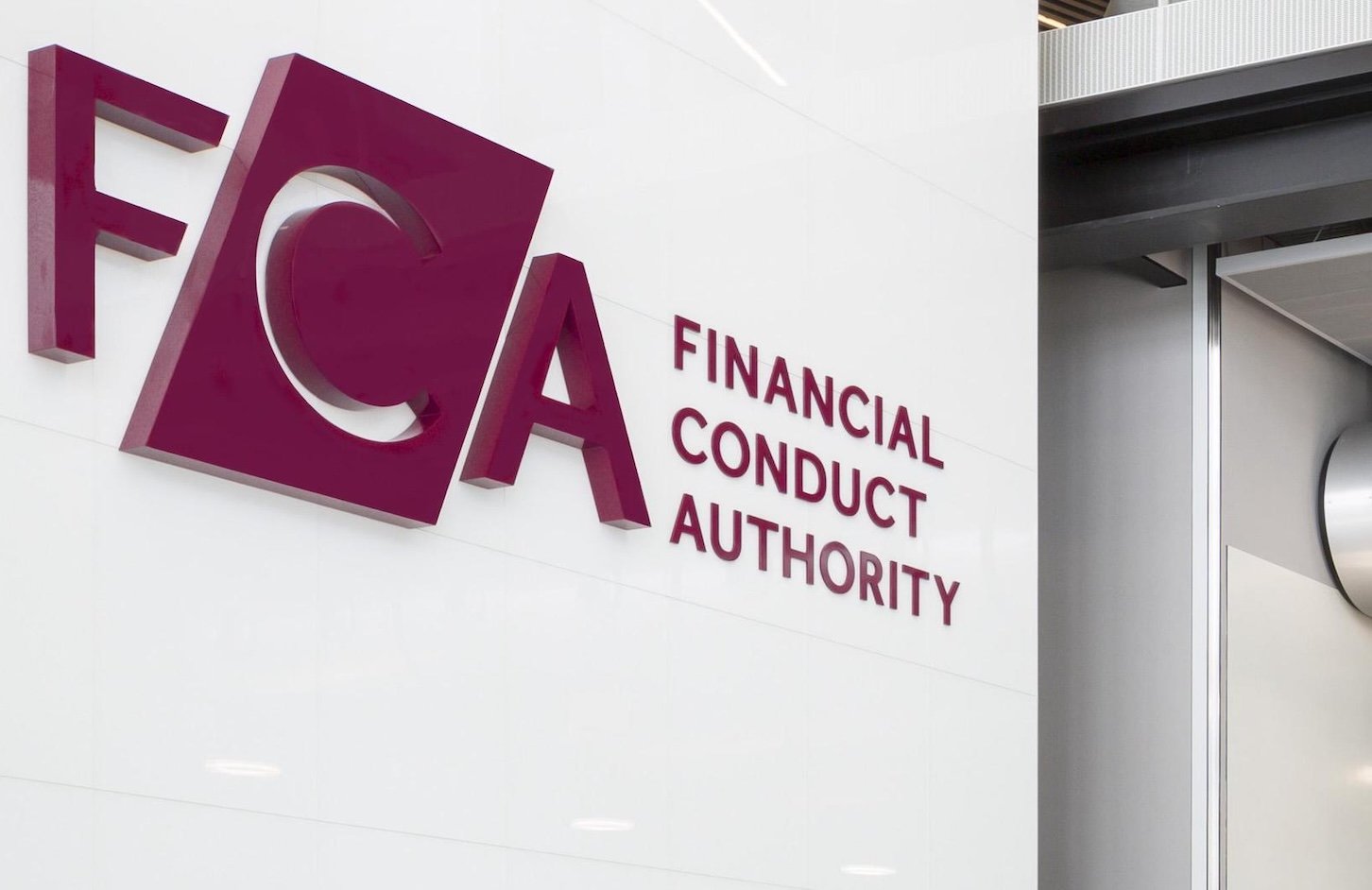Payments firms will be required to improve safeguarding practices to protect customer money, following new rules from the UK financial regulator.
From May 2026, payments businesses will be required to keep customer money separate from the company’s own funds to ensure that it will be available to be returned in the event the firm goes bust.
Under the new rules, annual audits, daily checks and monthly reports will be required from payments companies alongside the formation of an effective plan to return customer cash if the business fails.
The decision, which followed an extensive consultation process, has taken into account the need for proportionate regulation for smaller firms.
To that end, the Financial Conduct Authority (FCA) has removed the requirement for audits for firms that hold less than £100,000 in customer funds.
“People rely on payment firms to help manage their financial lives. But too often, when those firms fail, their customers are left out of pocket,” said Matthew Long, director of payments and digital assets at the FCA.
“We need to raise standards to protect people’s money and build trust, but any changes needed to be proportionate, especially for smaller firms.
“We’ll be watching closely to see if firms seize the opportunity and make effective improvements that their customers rightly deserve – this will help us to determine whether any further tightening of rules is necessary.”
The new rules were brought in to address what the FCA considers a widespread issue. According to the watchdog, between the first quarter of 2018 and the second quarter of 2023, payments firms that became insolvent had average shortfalls of 65% of their customers’ funds.
Register for Free
Bookmark your favorite posts, get daily updates, and enjoy an ad-reduced experience.
Already have an account? Log in










